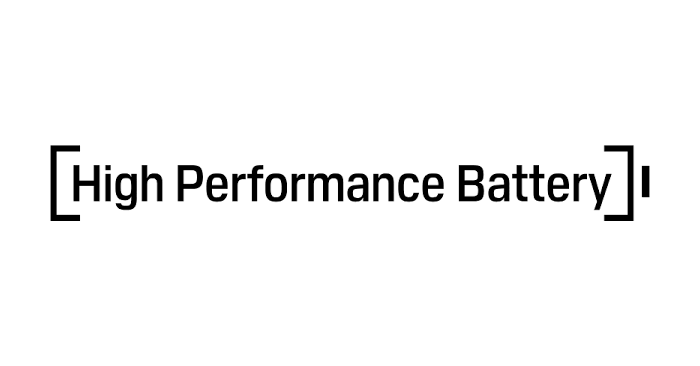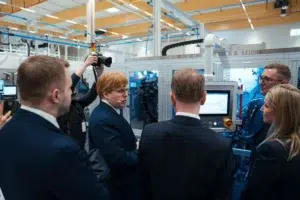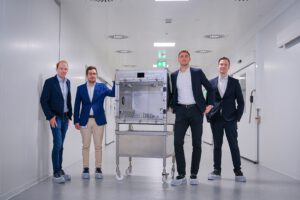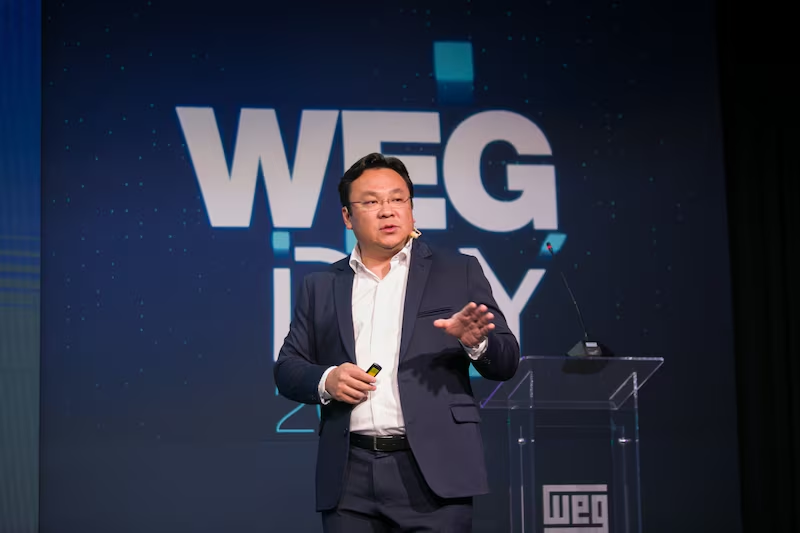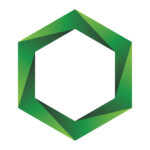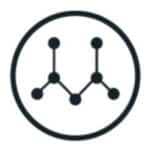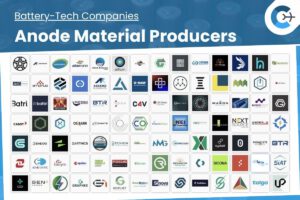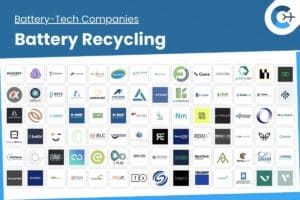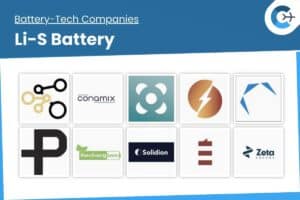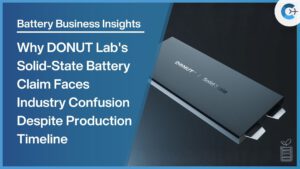Bonn, 20 October 2025 — China’s tightening of export rules for lithium batteries, cathode materials and graphite has revealed a structural weakness in Europe’s energy transition. German solid-state battery technology developer HPB says that the solution will not come from new trade routes but from new materials. The answer lies not in stockpiling materials but in rethinking how batteries are designed and built.
In 2022, HPB’s whitepaper titled Criticality and recycling of lithium-ion batteries – Putting the debate on a broader footing1 warned that Europe’s dependence on a few global suppliers for battery materials could undermine both sustainability and technological sovereignty. That foresight has now become reality, as the latest export controls target the very chemistries most widely used in electric vehicles and stationary storage.
Sebastian Heinz, CEO of HPB and co-author of the white paper, said, “The conversation cannot stop at diversifying supply. Europe must innovate away from dependency. If we keep building the same batteries, we’ll keep importing the same risks. Europe’s independence will come from chemistry and not control. The task is to invent systems that need less, last longer and can be built anywhere, from systems that use fewer critical materials, last longer and can be produced locally.”
The company argues that Europe’s industrial strategy should focus on three actionable priorities:
- Build batteries that last longer. Longer life means fewer raw materials, less waste and lower costs over time.
- Produce closer to home. Regional manufacturing of batteries will strengthen Europe’s control over its own energy technology.
- Redefine what sustainability means. The impact of a battery should be measured not only in carbon emissions but also in how secure and independent its supply chain is.
Heinz added: “Every 10,000-cycle battery means fewer mines, less transport and less exposure to geopolitical risk. Independence should be treated as a material property.”
The company believes Europe now stands at a strategic turning point. Supply diversification will buy time, but only technological innovation can build permanence. The next phase of competitiveness will not be measured by gigafactory output alone, but by how efficiently each unit of raw material is used across its lifetime.
Safety, longevity, and recyclability will become the same industrial advantage but expressed in different forms. HPB’s view is that the debate around batteries must evolve from “how much” to “how wisely”. Europe’s strength lies in science, process engineering and cooperation models. Turning these assets into durable technology is how the region can move from vulnerability to leadership.
About HPB
Based in Bonn, Germany, High Performance Battery (HPB) develops and licenses next-generation solid-state battery technologies that are safer, longer-lasting, and greener than conventional lithium-ion batteries. The HPB Solid-State Battery delivers over 12,500 full charge-discharge cycles under demanding conditions (1C/1C, 0–100% State of Charge, at room temperature). The technology achieves up to 50% improved environmental performance compared to traditional batteries, notably by avoiding critical raw materials such as cobalt.
For more information, visit HPB.ch
Press contact
Ananya Borgohain, Head of Marketing & PR
Ananya.Borgohain@highperformancebattery.de
Source: HPB – Email communication

